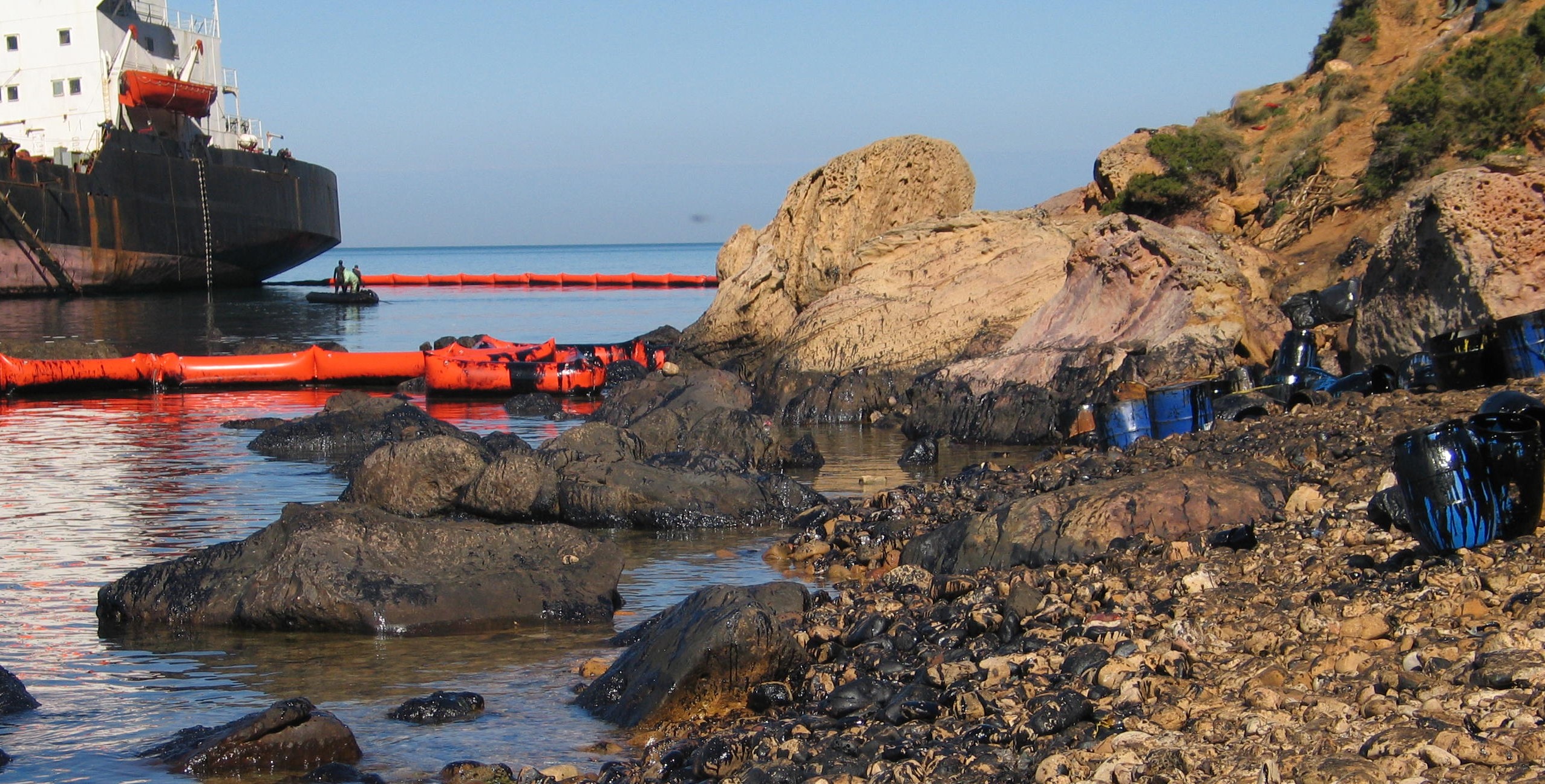Waste Management
Storage , treatment and disposal of collection oiled material
Temporary storage and final disposal of oil and oiled material collected during an oil spill accident are two issues which are often neglected in the planning of oil combating operations. Unfortunately such an attitude may easily hamper the entire operation. A vast quantity of oil and oily debris can result from a major oil spill and careful planning is needed in order to provide for its disposal. There is a number of disposal techniques and the selection of the most adequate one will depend on many factors, some of which can be determined and elaborated in advance.
These should normally be entered into the Contingency Plan (local, national) so that in case of an accident, only variable parameters need to be considered prior to the selection of the most appropriate disposal technique. Parameters which can be determined in advance include:
- possibility and most suitable methods for temporary storage of oil and oily debris near envisaged places of collection;
- existence and capacities of refineries, thermic power plants, cement works or other suitable industrial installations which can possibly re-use collected oil, including the specifications of oily materials they can use;
- potential dumping sites (locations, geological characteristics, capacities);
- waste land which can be used for farming of oil (location, surface, capacity, cost);
- distances and most suitable traffic routes between envisaged places of oil collection (including harbours in case of off- shore oil recovery) and potential storage and disposal sites;
- manpower and logistic requirements for each of envisaged disposal methods - cost effectiveness.
If the above mentioned data are elaborated in the Contingency Plan, the only parameters which will have to be determined in case of an accident will be:
- quantity of material to be disposed of;
- characteristics of collected material, e.g. type of oil, oil to water (sand, debris) ratio, etc.
Since the final disposal of oil is usually very expensive, it is also indispensable to define who is the owner of the collected oil prior to the start of the operation. This may help to clarify various financial problems to which final disposal of oil can give rise to later on.
Related document:
Mediterranean Oil Spill Waste Management Guidelines (REMPEC, 2011)


